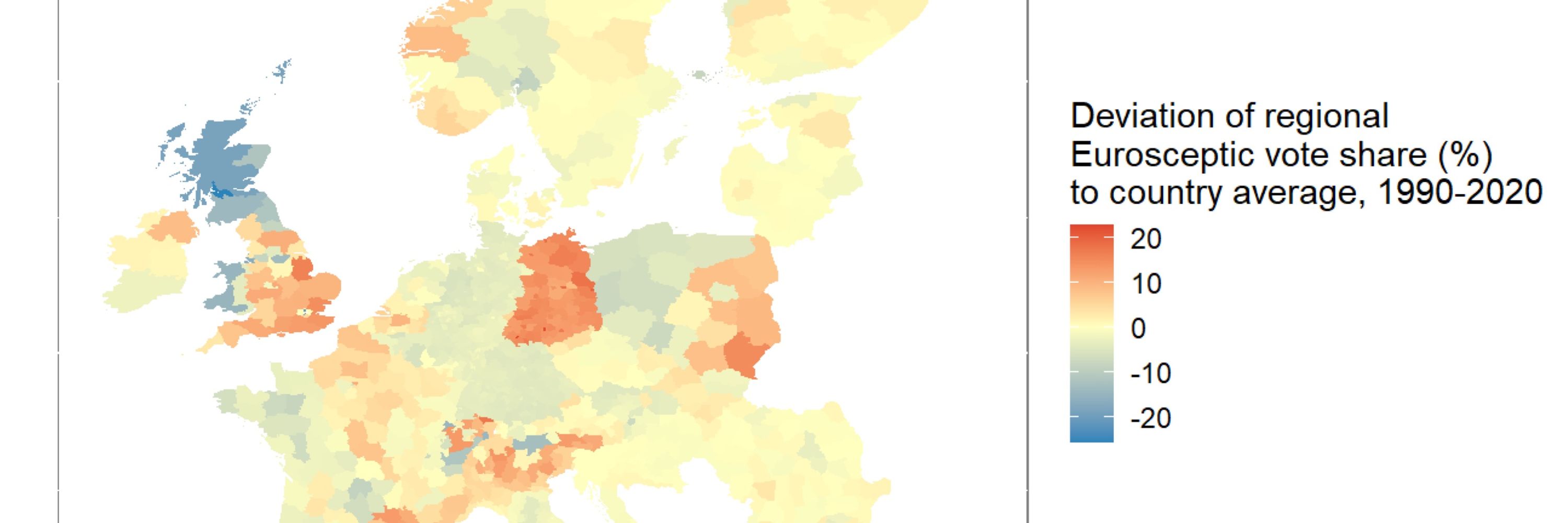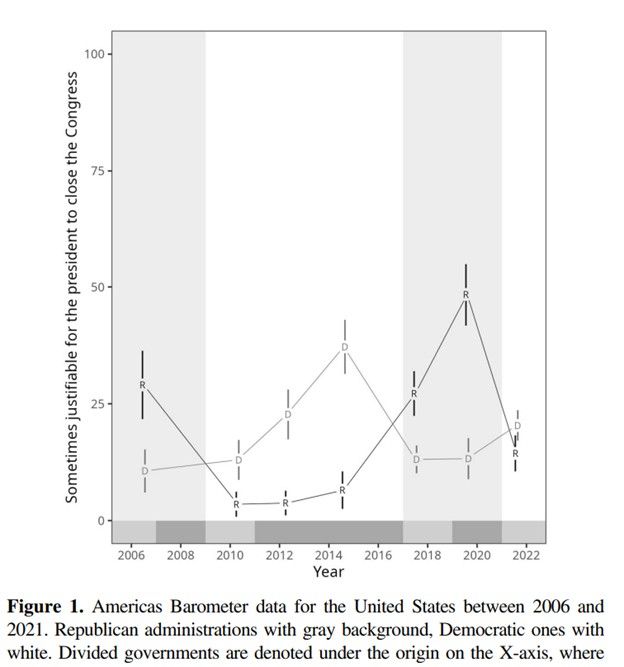Dominik Schraff
@dschraff.bsky.social
2.3K followers
950 following
94 posts
Associate Professor of Political Science, Aalborg University 🇩🇰
EU | Comparative Political Behavior | Inequality | Democratic Trust & Legitimacy
www.dominikschraff.com
www.eu-ned.com
Posts
Media
Videos
Starter Packs
Reposted by Dominik Schraff
Reposted by Dominik Schraff
Reposted by Dominik Schraff
Reposted by Dominik Schraff
Reposted by Dominik Schraff
Reposted by Dominik Schraff
Reposted by Dominik Schraff
Reposted by Dominik Schraff
Reposted by Dominik Schraff
Reposted by Dominik Schraff
Reposted by Dominik Schraff
Reposted by Dominik Schraff
Reposted by Dominik Schraff
Reposted by Dominik Schraff
Reposted by Dominik Schraff






















